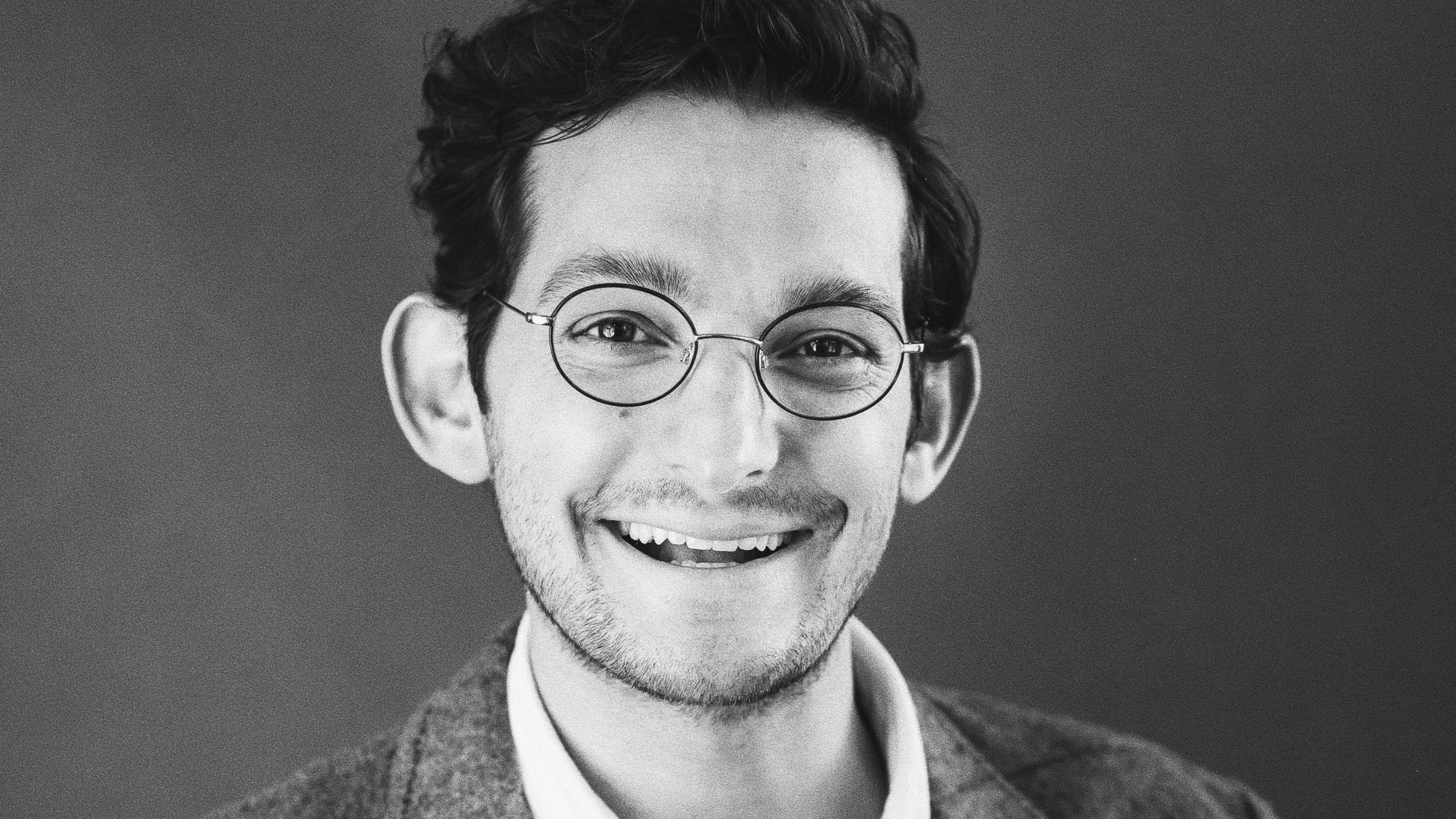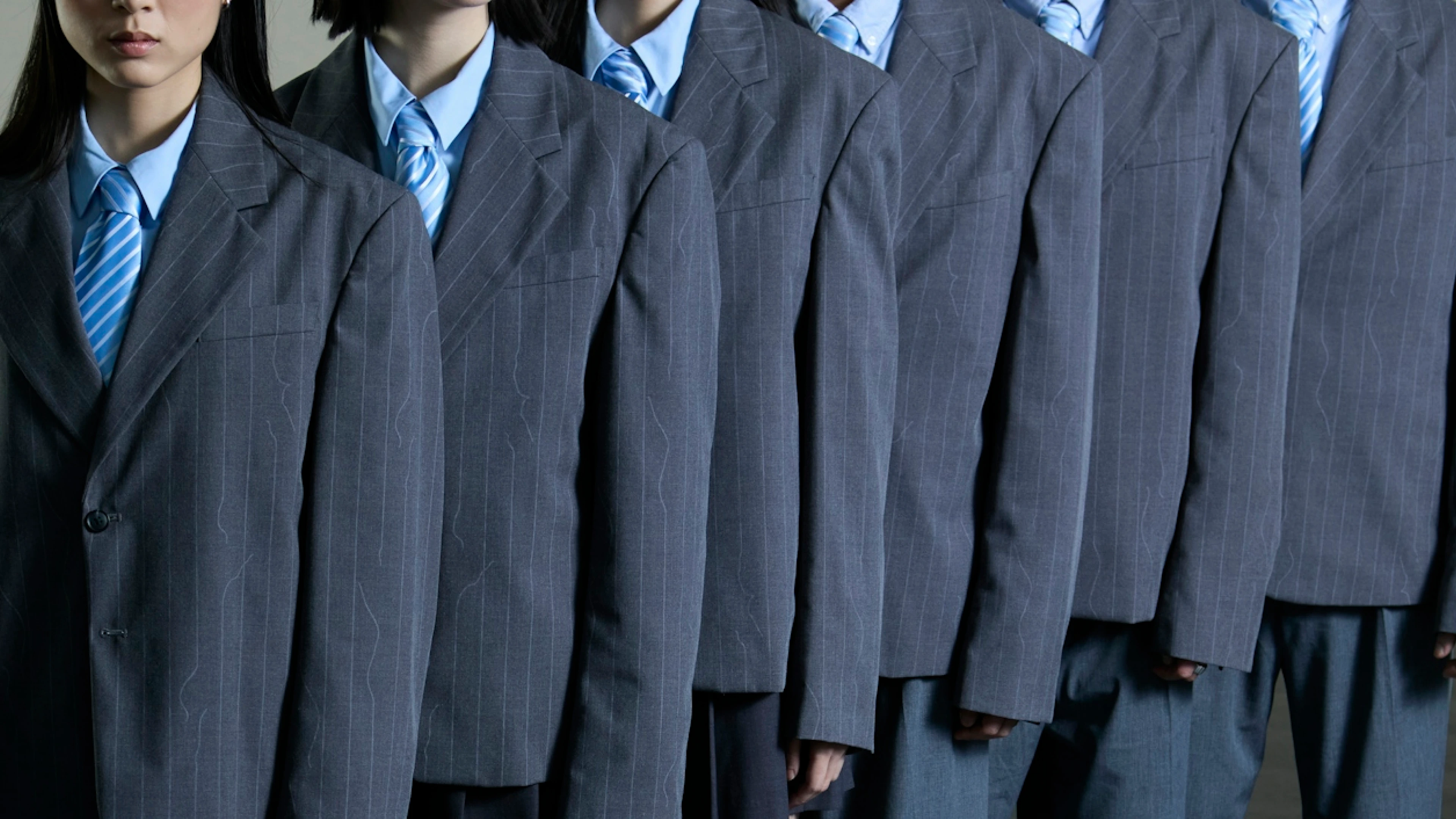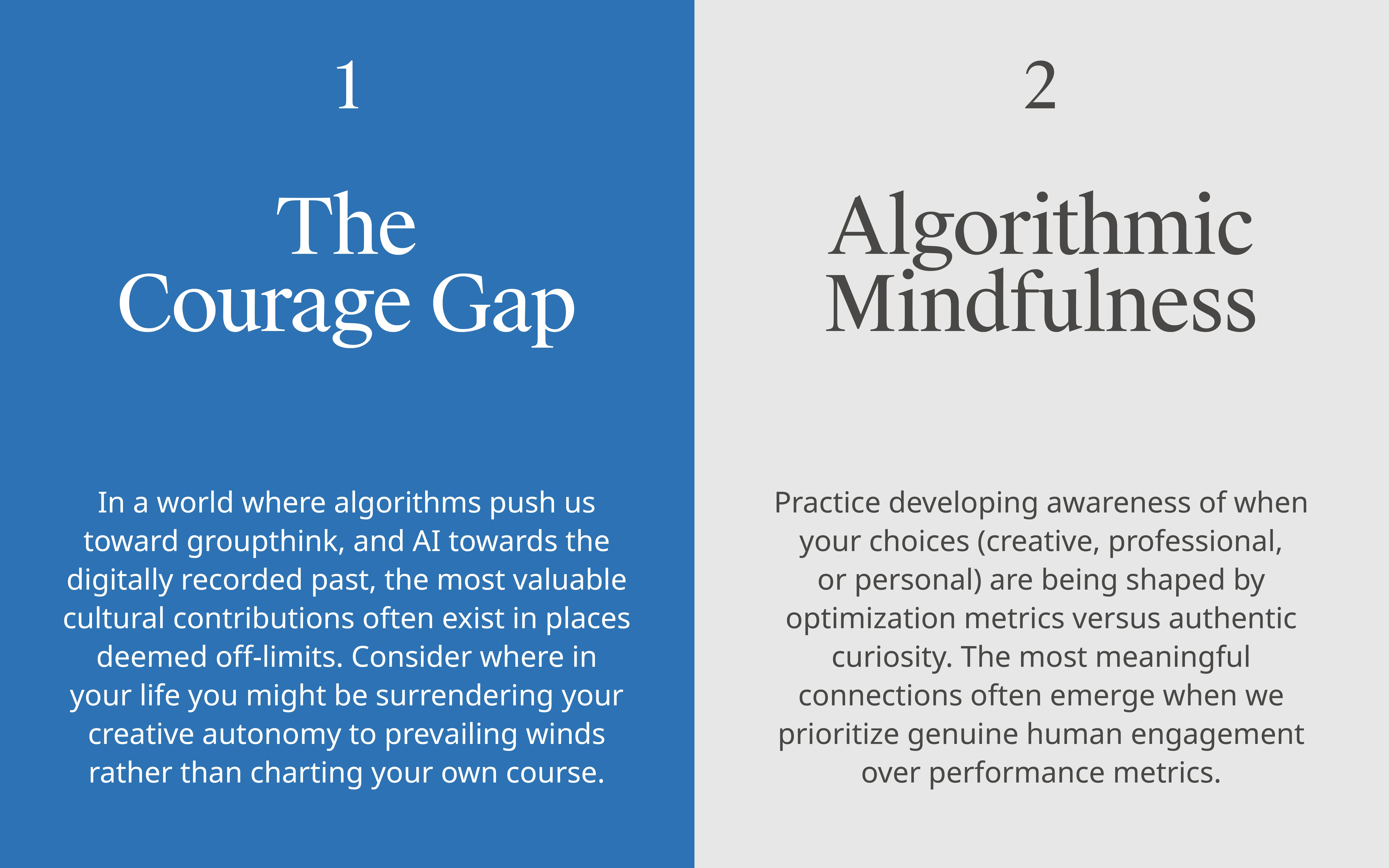Against the Grain
7 minutes
Against the Grain
A draft is an idea. A provocation. A note to inspire conversations and an invitation to change your mind. Welcome to Pullman Drafts, a monthly series of personal reflections produced in partnership with the House of Beautiful Business, a think tank and global community. The drafts feature leading voices in business, culture, media, and technology, and explore what it means to be an architect of change today.

Be a maverick in an era of so much sameness, with insights from digital anthropologist Matt Klein
Algorithms and social media have a knack of steering everyone’s taste in the same direction, making conformity the norm. Instead of drifting with the current, you can activate your inner maverick and shape new ways to live, consume, and invest in your community.

A handful of years ago, Matt Klein took a chance. As a contributing writer at Forbes magazine, he created articles on trending topics in technology. He quickly discovered that the best way to get people to read his work was through search engine optimization (SEO), which effectively meant writing about topics that people were already Googling. The process was tedious and uninspiring, like “writing for the sake of writing,” Matt told me.
So after 20-odd articles, Matt pulled the plug, left the gig, and created his own newsletter. It was his way of regaining some of the integrity and creative spirit that had motivated him to write in the first place. “I figured that even if just four people were to subscribe to that newsletter, then at least four people would be raising their hand to say let’s do it,” he said.
But his readership grew quickly. Today, ZINE, his online magazine, has more than one million accumulated reads across more than 140 countries. It won a Webby Award for best independent publication on the internet and has granted Matt some incredible connections. “I’ve had more intimate conversations through ZINE than through my entire existence on social media,” he told me. “I think it's a really interesting tension between that of perhaps algorithm and search engine optimization and keywords, and a tethering back to what we care most about.”

Be wary of trends
Matt’s success at going rogue online has made him that much more skeptical of the entire trend architecture that supports today’s culture and media. He thinks that trends, and the hype they tend to generate, are often completely manufactured. To test this hunch, Matt has an annual tradition: he reads every single available trend report to determine what’s overlapping across 60-plus organizations. His findings have blown his mind; over the past eight years, the trends not only remain consistent from publication to publication, but they barely change year after year. “For me, this has become a rallying cry that we have the power to choose what we want to see in these reports and, by extension, in our future,” he tells me.
As a writer and analyst, Matt is fascinated by the tension between challenging the status quo and finding resonance with an audience. “On one hand, you want to zag and be a contrarian. On the other, you need to find an audience, not alienate people, stay in business, and be a partner. Doing both simultaneously is challenging.” He observes that most trend forecasters gravitate toward the safer path, resulting in eight years of hundreds of trend reports saying nothing truly unique.
Matt points to Andrew Callaghan of Channel 5 News on YouTube as someone breaking this mold. “Here’s a man-on-the-street interviewer doing it in a very gonzo, honest, non-sensationalist way,” Matt says admiringly. “He reports on what he believes not enough people are covering, filling the gaps in media in a way that resonates deeply with viewers.”
What connects these maverick approaches, according to Matt, is placing human values at the center. For Callaghan, it means humanizing people with diverse beliefs, from eccentric zealots to Bigfoot enthusiasts, and respecting them enough to remain open-minded and curious. It's about reclaiming human autonomy and idiosyncracy, and celebrating what makes us “squishy and special and different” in an age of machines.

Embrace complexity to reclaim agency
Matt thinks that, as a culture, we need to get more comfortable with uncertainty. “We’re not always going to have straightforward answers, especially when it comes to researching, which is what we're doing,” he explains. “We’re researching our relationship with media and technology and culture. That is subjective by nature. That is dynamic. That is ever evolving. So for anyone to pretend as if they have the answer is lying to themselves. They're lying to others.”
This philosophy shapes his approach to foresight and trend analysis. “I mean I work in foresight. It’s an entire profession of people claiming that they could predict the future. And I am very conscious of attempting to crack that veneer of nonsense or that sparkle of ‘we know.’ But for me, foresight is more about preparation than it is about prediction, and it’s more about choice than anything else. The idea that we get to pick and choose the futures that we want to engage in.”
Despite working adjacent to trend forecasting, Matt recoils at being called a futurist. “There are a lot of people who call themselves futurists who deal with the future, saying ‘prepare for this’ or ‘do that’ with an air of certainty,” he says. “I really am not attracted to that. I would rather call myself a humanist, focusing on our current moment and our complexity rather than peering way too far ahead, precisely because I believe we have more autonomy and empowerment than we want to accept.”
Matt goes back to this analysis on trend reports, as they influence substantial investment and innovation decisions. “These publications aren’t interested in the future as much as they’re interested in creating sales collateral to appear hip,” he observes. “The easiest way to do that is just copy and paste what everyone else is doing.” The result is years of recycled predictions about crypto, NFTs, AI, VR, and metaverse developments, with continuous investment despite questionable outcomes.
Matt wants us to treat trend reports as blueprints for possibility rather than excuses to avoid taking creative risks. “Those who write these trend reports may not be curing cancer or working as rocket scientists, but they’re upstream of significant cultural influence in some of the most powerful organizations in the world,” he notes. “I don’t like the whole prediction thing because it dismisses our ability to actually author our future.”
By embracing both complexity and humanism, Matt suggests we can reclaim agency in determining what comes next, rather than merely accepting trends as inevitable. It’s about acknowledging the gray areas, the nuance, and our power to make choices that shape tomorrow.
Here are a few ways you can start doing that yourself:
- The Courage Gap: In a world where algorithms push us toward group think, and AI towards the digitally recorded past, the most valuable cultural contributions often exist in places deemed off-limits. Consider where in your life you might be surrendering your creative autonomy to prevailing winds rather than charting your own course.
- Algorithmic Mindfulness: Practice developing awareness of when your choices (creative, professional, or personal) are being shaped by optimization metrics versus authentic curiosity. The most meaningful connections often emerge when we prioritize genuine human engagement over performance metrics.
- Present-Tense Agency: Rather than consuming predictions about “inevitable futures,” ask yourself what aspects of tomorrow you can shape today. The most impactful innovations often come not from following trend reports but from addressing unmet human needs that exist in the present moment.


Matt Klein is a cultural theorist, strategist, and writer, the head of foresight at Reddit, and the creator of the ZINE newsletter.
Tim Leberecht is the co-founder and co-CEO of the House of Beautiful Business, the global network for the life-centered economy. He is the author of the books The Business Romantic (2015), The End of Winning (2020), and the upcoming Curator (2026). His two TED talks have garnered millions of views.
External link
By clicking on this link you will be transferred to a third-party website.
Follow the link